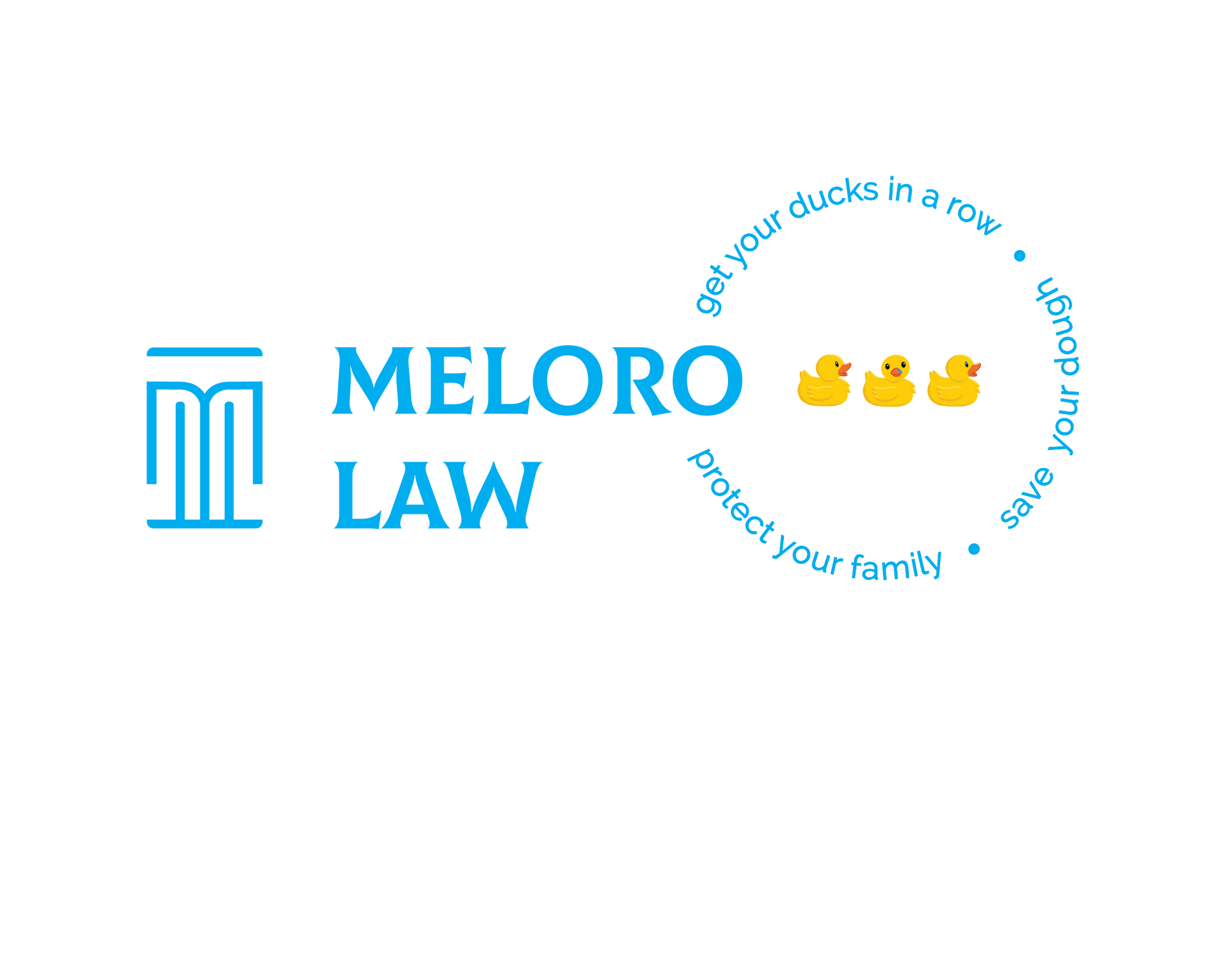Client Login
×|
Blog
MELORO LAW
Meloro Law, Creative Solutions and Lifetime Planning to Protect You, Your Loved Ones, and Your Assets
|
This October, Help Us Teach Florida Seniors About Their Long-Term Care Planning Needs
Did you know October is National Long-Term Care Planning Month? We find, in our practice, that long-term care continues to be one of the least discussed topics for our Florida seniors and their families despite how critical it is.
Where does the conversation begin? It starts with understanding what “long-term care” is in America. The term can refer to various types of care including a home health aide, assisted living or nursing home. According to the National Institute of Health (NIH), “long-term care involves a variety of services designed to meet a person's health or personal care needs during a short or long period of time. These services help people live as independently and safely as possible when they can no longer perform everyday activities on their own.” Unfortunately, for Florida seniors and their families, this conversation often begins too late. It happens after a fall or a health care crisis, but does not happen proactively when the senior and their family has time to plan.
It also must begin with an understanding that Medicare will most likely not pay for this care. The Medicare system is designed to be an “acute payor” system. Similar to health insurance, Medicare covers things like hospital stays and doctor’s appointments. It does not cover long term care.
Where do you start with this conversation? Having important conversations with yourself and your family sooner, rather than later, can assist you in getting a plan in place to be there when you need it. This is not only a look at health care coverage but a look at your estate planning and elder law planning, to ensure you have the trusted decision makers you need in place before a crisis occurs. Advance planning can remove some of the stress from this potential future situation, especially when the time for long-term care comes.
Let us share with you a few important questions to consider in your planning:
1. Have you considered that you may need long-term care in the future? For most of us the answer is no! For most of our clients, their wish is to remain in their home at any cost. On the other hand, some people may see assisted living or a nursing home as a more practical and affordable option.
2. How will you pay for long term care? Medicare may cover short term rehabilitation after a medical event such as surgery, but beyond that, you will need to cover the cost.
3. Do you have long-term care insurance? If so, review the terms to see what your policy covers. Cashing out life insurance may be also be an option.
4. Is Medicaid an option? Yes. In Florida, Medicaid has a long term care program that can help cover the cost of a home health aide, assisted living or a nursing home. And planning can and should be done in advance to preserve your assets and help you qualify for such benefits when the time comes.
5. Who will handle your financial matters and execute your Florida estate planning should you become incapacitated ? Completing a Florida estate plan is the first step to keep you protected from all future long-term care planning needs. A Florida durable power of attorney is a critical document. It allows you to name a trusted decision-maker to handle your affairs if you ever become sick and cannot do so for yourself.
We encourage you this October, and throughout the year, to take steps to ensure you know what long-term care is and to create a plan to successfully navigate this stage of your life. Our firm is skilled at providing legal assistance to Florida seniors and people of all ages who want to prepare for the future. For more guidance, please contact our office to schedule a time to meet.
The post This October, Help Us Teach Florida Seniors About Their Long-Term Care Planning Needs appeared first on Meloro Law.
Contact Us
CONTACT
Main Office
8551 W Sunrise Blvd, Suite 300
Plantation, FL 33322
Broward County
Palm Beach, St. Lucie and Martin Counties


